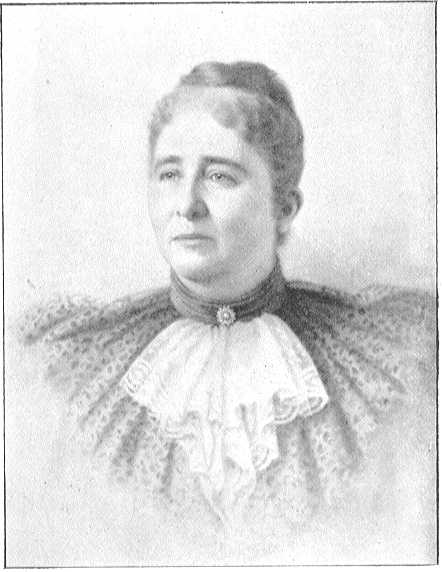This is a transcription of the Susan Ellen (Cowan) Sawyer biography from New Hampshire Women: A Collection of Portraits and Biographical Sketches of Daughters and Residents of the Granite State, Who are Worthy Representatives of their Sex in the Various Walks and Conditions of Life, The New Hampshire Publishing Co., Concord, NH, 1895, page 209.

Susan Ellen (Cowan) Sawyer
SUSAN ELLEN, daughter of Dr. James Wellington and Elizabeth (Hodgdon) Cowan, descended from Peter Coffin who came to Dover in 1636, and Major Caleb Hodgdon of Revolutionary fame, was born in Dover, August 13, 1839, educated in the public schools of her native city, and at Abbot Academy, Andover, Mass. She was married February 8, 1865, to Charles Henry Sawyer, governor of New Hampshire 1887-’89. Their children are William Davis, married Gertrude, daughter of Hon. Joshua G. Hall of Dover; Charles Francis, married Gertrude, daughter of Hon. Henry W. Severance, of San Francisco; James Cowan; Edward; Elizabeth Coffin. The three elder sons are alumni of Yale University. William and Charles are associated in business with their father. James is taking post-graduate studies at Harvard, Edward is an under-graduate at Yale, and Elizabeth is a member of Mrs. Stearns’s School at Amherst, Mass. Few women have been so blessed and happy in their domestic life as Mrs. Sawyer. She is a generous and delightful hostess, welcoming many guests in her home in Dover, and during the summer months she is the center of happy companies in the cottage on the beautiful heights at York. She is a devoted member of the First Church, president of the Woman’s Auxiliary to the Y. M. C. A., in which position she has been remarkably efficient and helpful; Regent for the Dover Chapter of the Society of the Daughters of the American Revolution, and a member of the Colonial Dames. Mrs. Sawyer has traveled widely, and is happily conversant on topics of home and foreign interest. She combines great strength of character with rare womanly sensibilities. She reminds one of the saying of Ruskin: “The best women are indeed necessarily the most difficult to know: they are recognized chiefly in the happiness of their husbands and the nobleness of their children: they are only to be divined, not discerned by strangers.”
